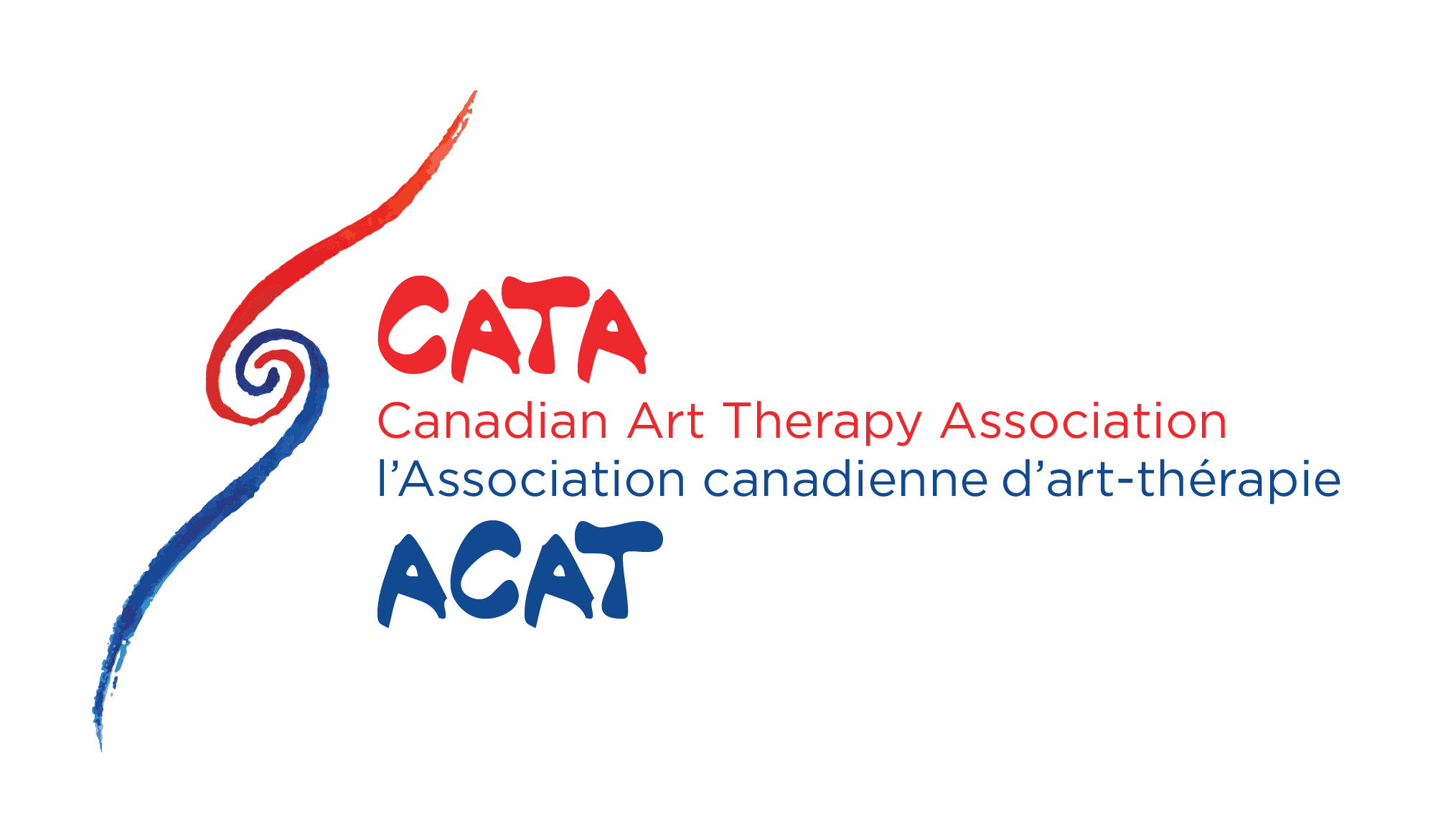Anti-racism message to members
Dear CATA-ACAT members,
Along with our members and communities, the CATA-ACAT Board of Directors grieve the recently publicized losses of life through racist violence against Black and Indigenous people in the United States and Canada. We are deeply troubled and outraged by the ongoing racist and colonial injustices that exist in our communities and country. We acknowledge the tremendous work of the Black Lives Matter movement and anti-racist activism that has propelled world-wide actions for social and political change. We endeavour to take actions alongside our members and the wider community with our best efforts.
As art therapists, we ongoingly bear witness to the traumatic impacts of systemic oppression on the people and communities we work with. We are therefore acutely aware that the recent events of racism and police brutality are not anomalies. They are part of the historical and continuing conditions of colonial oppression and violence that are experienced by Black and Indigenous communities, as well as people who have been marginalized based on ethnicity, gender, sexuality, disability, religion, class, and other intersecting social identities.
We express our solidarity with Black and Indigenous people and people of colour in challenging and dismantling racist and colonial oppressions. Recognizing that racism and colonial violence are systemic and multifaceted, we commit to critically reflect on our role as a national association and intensify our efforts in developing structural and long term strategies for inclusive, anti-oppressive, anti-racist, and decolonizing practices.
Particularly, we recognize that the profession of art therapy often does not reflect the diversity of the communities and people we work with in spaces such as incarceration facilities, child welfare systems, mental health and addiction services, and emergency shelters. We recognize the necessity of evaluating our role as therapists in perpetuating harmful colonial practices and hierarchical relations of power and privilege. We have a lot more work to do in addressing the intersectional barriers that Black and Indigenous people and people of colour face in accessing art therapy services, art therapy training, and support as art therapists.
We understand that expressions of commitment must be accompanied by concrete actions. As such, we renew our focus on prioritizing the voices and perspectives not often heard in our field, and supporting art therapists to centre anti-racist and decolonizing work in our practices, learning, and knowledge production to reflect our collective commitment to social justice. To begin, we would like to create a virtual gathering and invite members who are Black, Indigenous, and people of colour to express feedback, thoughts, concerns and suggestions. The CATA-ACAT Board commits to listening in this virtual gathering, and meaningfully engaging with the feedback and responses for further planning and actions on ways that we can change and improve. Details of this virtual gathering will be announced shortly. We also welcome all members to contact us anytime to share feedback.
We would like to extend our gratitude to our community for your support, patience, and feedback over the years. While the way ahead will be filled with unknowns and challenges, we look forward to working collectively with you to enact practices of anti-racism, decolonization, and inclusivity in the field of art therapy and in our communities through creativity, imagination, and support for one another.
Sincerely,
CATA-ACAT Board of Directors
